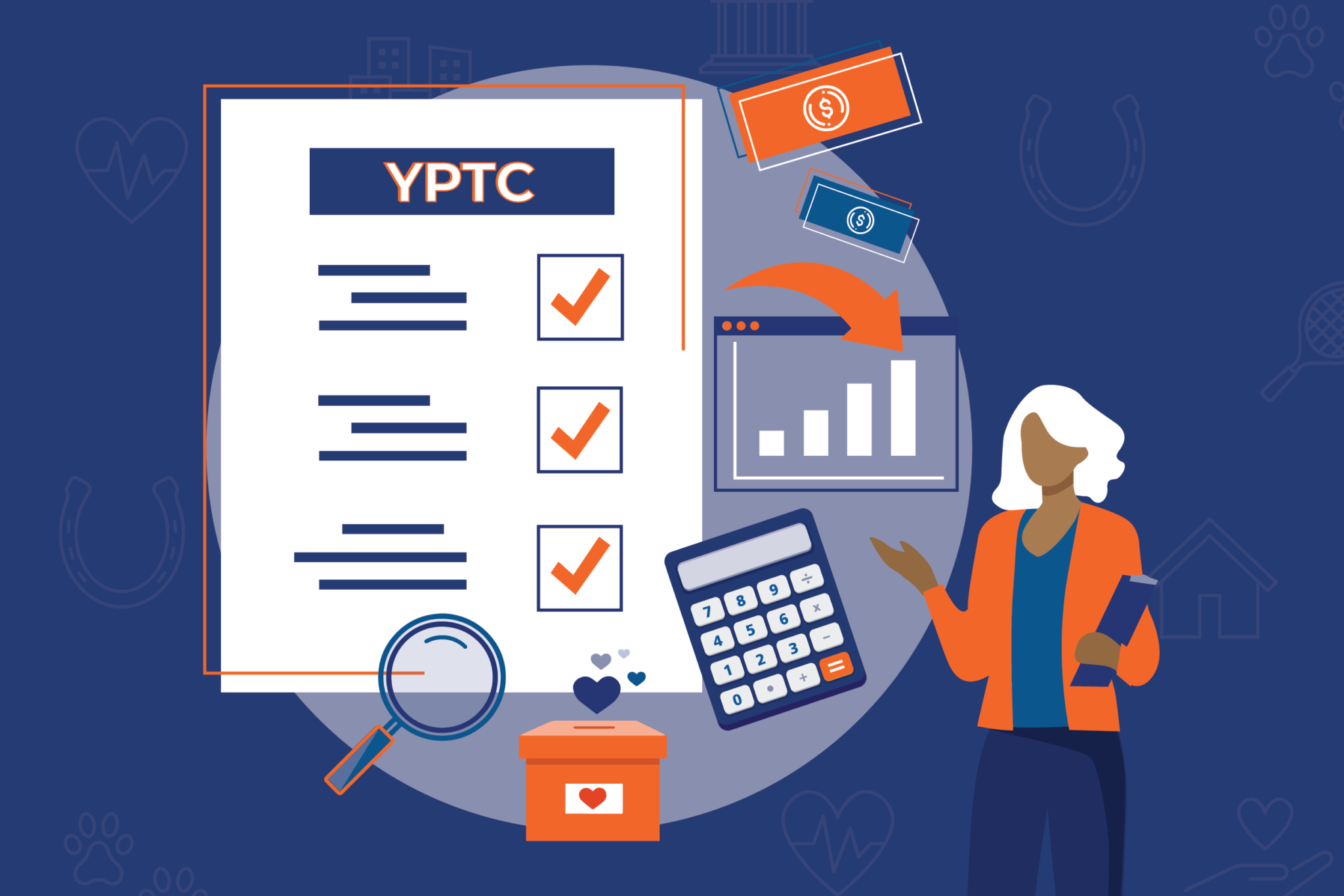The nonprofit sector is changing the workplace and funding landscapes to adapt to new technologies. Here are three highlighted areas reshaping the sector:
Major Updates to Federal Grants Management:
The federal government awards tens of billions of dollars in grants to nonprofits each year. On any given day, there are well over 2,000 open grant opportunities listed on grants.gov. 2024 saw some changes that make it easier to find, apply for, and report on these grants. They include:
- A modernized grants.gov website with improved accessibility and mobile-friendly design
- A new AI-assisted search tool that suggests similar grant opportunities
- An increased “de minimis” indirect cost rate, now 15% (up from 10%)
- A higher single audit threshold, now $1 million (up from $750,000)
- Advocacy by the federal government for nonprofits that have disputes about re-grants
- A simplified application process (now in development) to help small nonprofits apply
Artificial Intelligence (AI) Nonprofit Integration:
AI tools are evolving rapidly, and nonprofits are increasingly using them to augment operations and empower staff in support of their missions. But these gains come with risks, require training, and must be considered in terms of compatibility with each organization’s culture and values.
Effective leaders emphasize using AI to assist people, not replace them. They encourage staff to start small, such as using AI chat tools to brainstorm improvements to their individual workflows. These leaders also make time to develop policies for using AI responsibly, creating environments in which to safely say “yes” to the benefits that AI tools can provide.
As of today, nonprofits are commonly applying AI to:
- Research funding opportunities
- Draft appeals and other communications
- Summarize and share information
- Accelerate individual productivity tasks
- Develop financial strategies and implementation processes
Evolution of Nonprofit Workplace Culture and Leadership:
Finally, workplace culture and leadership are evolving to meet new challenges. With nearly 74% of nonprofits facing job vacancies (according to a recent report), organizations are rethinking their approach to talent retention. Leadership traits are becoming increasingly important and nonprofit organizations are also finding creative ways to maintain community connections in hybrid work environments.
- Successful retention strategies:
- Flexible work arrangements
- Continuous training opportunities
- Cross-department rotation programs
- Virtual social events and team building
- Essential leadership traits:
- Humility in decision-making
- Transparency in communications
- Adaptability to different work styles
- Trust in remote work environments
- Community building initiatives:
- Collaborative volunteering with other nonprofits
- Strategic partnerships for grants
- Hybrid employee engagement plans
As nonprofits navigate these next trends and tech transformations, the focus remains on balancing efficiency with mission-driven values while fostering meaningful connections in an increasingly digital world. Success lies in the thoughtful adoption of new tools while maintaining authentic, community relationships and organizational culture.







